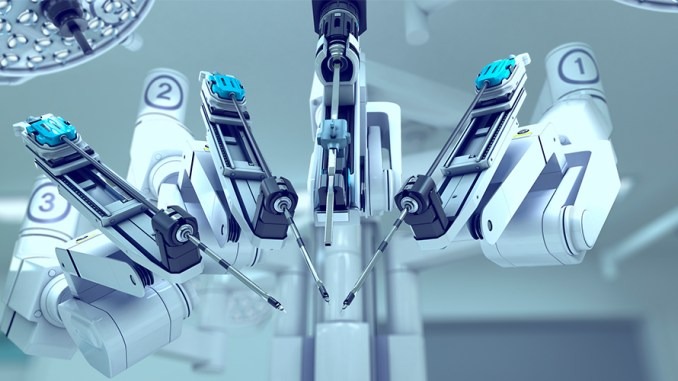Dubai’s Medical Sector
Dubai is known for having some of the world’s most efficient and high-quality healthcare facilities.
So, what makes Dubai a medical tourism haven?
- Dubai’s healthcare personnel is highly competent, international, and multi-cultural, with over 100 nationalities and the ability to speak in all major world languages.
- For healthcare searchers who may be without insurance coverage for some treatments, Dubai offers economical, high-quality care. In addition, due to Dubai’s growing healthcare capacity, operation wait times are minimal in comparison with many other countries.
- Availability of personalized services
- Wellness tourism with a holistic, preventive approach
- Ability to combine treatment with tourism packages
- Dubai is a global travel hub with excellent infrastructure, a wide range of attractions and options for accommodation and hospitality.
The First Robotic Kidney Donor Surgery
Nonetheless, what is the relevance of incorporating robotics and artificial intelligence into surgeries and the healthcare system in general? Robotic surgery, when compared to traditional surgery, results in smaller incisions. Meaning reduced discomfort and scarring, as well as less time spent in the hospital and faster recovery times.
However, it isn’t just beneficial to the patient. Robotic surgery also aids your surgeon by improving precision, flexibility, control, and vision. It also enables your surgeon to undertake delicate or intricate surgical procedures that would have been difficult or impossible to accomplish without the robot’s assistance.
Robotic surgery is becoming increasingly popular in the UAE. At Mediclinic City Hospital, the Mohamed Bin Rashid University of Medicine and Health Sciences (MBRU) and Medicine Middle East successfully performed the UAE’s first robotic kidney donation surgery on two male patients.
The Dubai Health Authority’s (DHA) director-general, Awadh Seghayer Al Ketbi, congratulated MBRU, Mediclinic Middle East, and the medical team who performed the two procedures, calling it a significant milestone that will boost medical tourism in the country. Dubai’s quick advancements and inventive capabilities in the healthcare industry, as well as the city’s potential as a worldwide medical tourism destination, are demonstrated by the complicated surgery performed employing state-of-the-art medical technology.
Who were the donors?
Those who benefited from the surgeries were a 42-year-old Dubai resident, a dialysis patient suffering from end-stage renal disease prior to surgery, whose younger brother donated his kidney for the operation. The second, a 32-year-old former flight attendant whose first cousin donated his kidney.
How was it accomplished?
The three-hour Robotic Living Donor Nephrectomy surgeries were performed using the latest da Vinci Surgical System. This system includes small robotic arms that mimic natural dexterity. Dr Farhad Janahi, Assistant Professor of Surgery, MBRU, Consultant Urologist & Transplant Surgeon, explained how the robotic arm was controlled by a team of surgeons from a console. This allows the donor kidney to be removed through small incisions.
The robotic arm’s instrumentation provides a larger range of motion with efficient and precise operation than the human wrist.
For such deep and anatomical locations, this is quite valuable. The benefit of this procedure it its safety, as the smaller incisions, combined with more precision helps to lesson discomfort. It also helps minimise scarring and potential bowel injury, resulting in a speedier recovery – less time spent in hospital and a quicker return to normal life.
Dr Farhad Janahi, Assistant Professor of Surgery, MBRU, Consultant Urologist and Transplant Surgeon.
Funding Behind The Operation
One of the procedures was supported by Emarat Al Youm, the Islamic Affairs and Charitable Activities Department, and MBRU’s Ramadan campaign ‘Your Donation Saves Lives,’ which was launched to help patients with kidney failure. The campaign raised nearly AED 22 million to pay the costs of 38 patients’ transplant surgeries.
This is exciting news that will pave the way for a variety of medical developments in which robotics technology will play a critical role in saving more lives.



